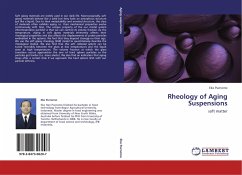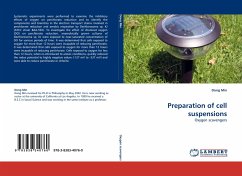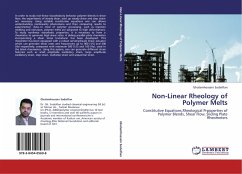Soft glassy materials are widely used in our daily life. Macroscopically, soft glassy materials behave like a solid but they have an amorphous structure just like a liquid. Due to their metastability and arrested structure, this class of materials often exhibits aging i.e. their mechanical properties evolve continuously with time. The unique property of the our model system (thermosensitive particle) is that we can control its volume fraction via the temperature. Aging in soft glassy materials inherently affects their rheological properties and also affects the displacements of probe particles embedded in the systems. We find that they depend strongly on their age. We use the soft glassy rheology (SGR) model to quantitatively describe the rheological moduli. We also find that this soft colloidal system can be tuned reversibly between the glass at low temperatures and the liquid state at high temperatures. The volume fraction at which the glass transition occurs approaches the oneof hard sphere particles as the particles get harder (i.e. more elastic). We also find an indication that aging stops after a certain time if we approach the hard sphere limit with our particle softness.
Bitte wählen Sie Ihr Anliegen aus.
Rechnungen
Retourenschein anfordern
Bestellstatus
Storno








